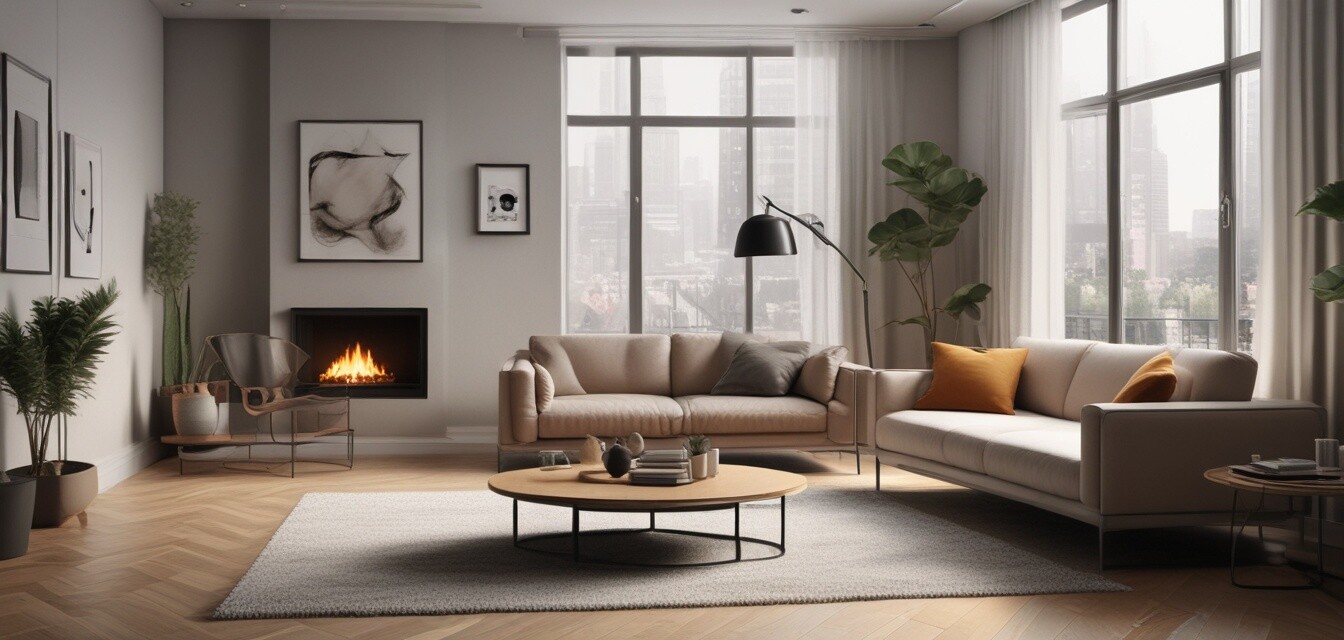
Smart home security for smart renters
As a renter, implementing smart home security can be challenging due to lease agreements and limitations on modifications. However, there are numerous portable and non-invasive security solutions available that can enhance your safety without breaching any contracts. This article provides practical tips for renters seeking to secure their homes efficiently and affordably.
Introduction
Securing your home is essential, even when you rent. Smart home security systems offer renters peace of mind without permanent installations. In this article, we'll explore various strategies and devices that enable you to implement an effective security measure for your living space.
Understanding your lease agreement
Before you start implementing your smart home security system, it’s vital to check your lease agreement. Here are some important points to consider:
- Review any clauses related to modifications and security systems.
- Look for restrictions on drilling holes, adding wired systems, or placing permanent fixtures.
- Understand the rules around common areas if applicable.
Portable smart home security options
Here are some effective portable security devices that can help you enhance your home's safety without permanent installations:
| Device | Functionality | Benefits for Renters |
|---|---|---|
| Smart cameras | Live streaming and recording | Easy to install and move around |
| Smart doorbells | Video monitoring of visitors | Non-invasive to install, often replace existing doorbells |
| Motion sensors | Alert on intrusions | Can be placed in various locations and easily relocated |
| Smart locks | Keyless entry and remote locking | Replaces existing deadbolts without damaging doors |
Best practices for setting up your smart security system
To maximize the effectiveness of your smart home security system, consider the following best practices:
- **Establish a routine**: Regularly test all devices to ensure they are functioning properly.
- **Use strong passwords**: Protect your smart devices with strong, unique passwords.
- **Connect to a secure network**: Ensure you are using a secure Wi-Fi network to protect against hacking.
- **Integrate devices for seamless monitoring**: Use a smart home hub or applications that can connect multiple devices for better oversight.
- **Educate all inhabitants**: Make sure everyone in your home knows how to use the security system effectively.
Combining devices for comprehensive security
It's often beneficial to combine various smart devices to create a more robust security setup. Here’s how:
- Pair smart cameras with motion sensors for an automatic alert system when motion is detected.
- Integrate smart locks with doorbell cameras for a complete entryway security system.
- Use an alarm system along with window sensors for added protection against break-ins.
Maintaining your devices
Regular maintenance is key to ensuring your security devices function properly:
- Check for software updates regularly.
- Clean cameras and sensors to maintain clear visibility.
- Ensure batteries are replaced in wireless devices promptly.
Conclusion
Smart home security for renters doesn’t have to be a daunting task. With careful planning and the right tools, you can create a secure living environment without violating your lease agreement. By using portable devices and following best practices, you can protect your home while enjoying the flexibility of renting.
Pros
- Non-permanent installations.
- Cost-effective solutions for renters.
- Portability allows flexibility in security setups.
Cons
- May require a tech-savvy setup.
- Less comprehensive than whole-home security systems.
For more tips on creating your ideal security setup, check out our comprehensive buying guides or explore our home security systems page for potential options.
